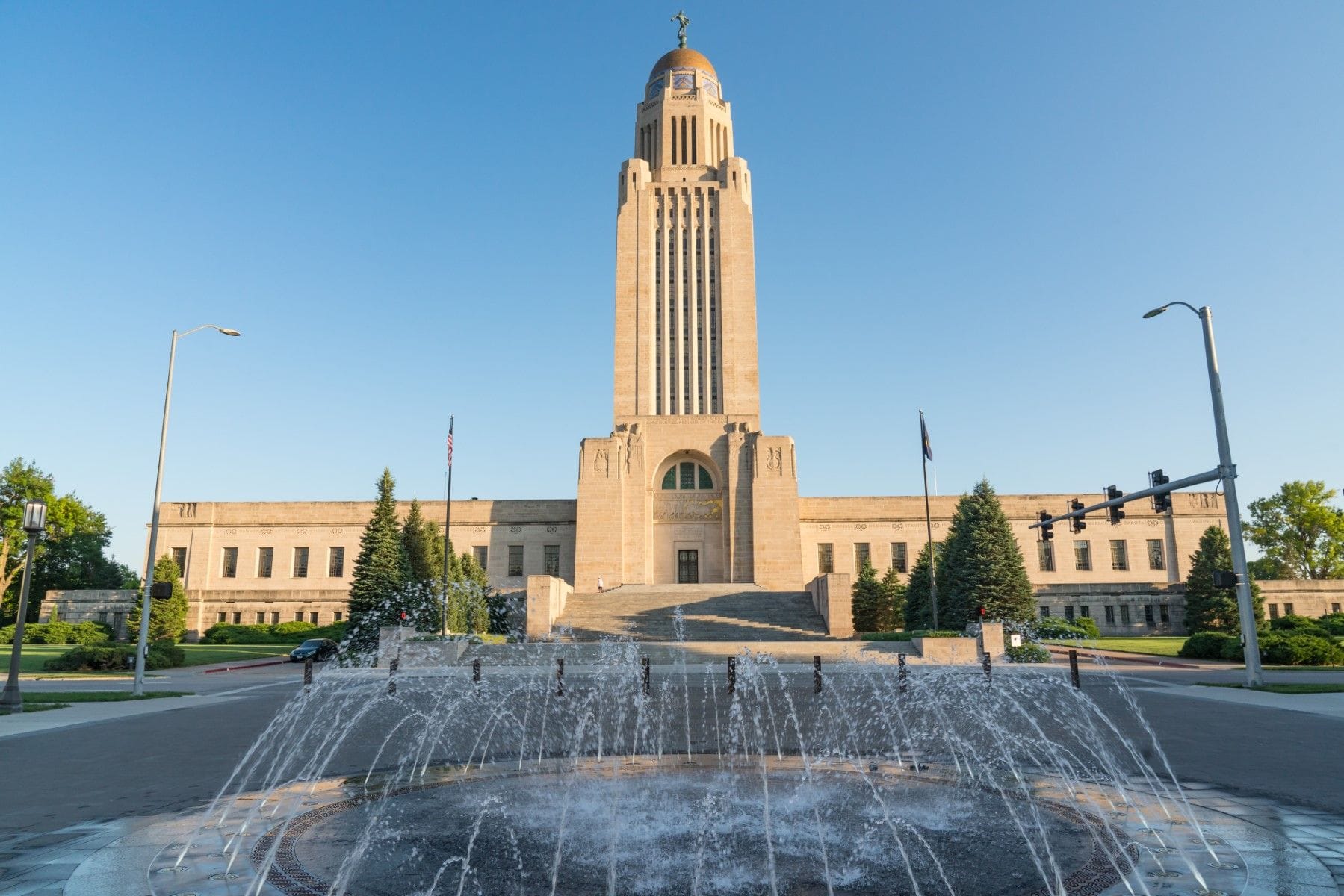Nebraska Expert Witness Disclosure Requirements
Nebraska requires timely and detailed expert witness disclosures to ensure fair trials, emphasizing the importance of updates and compliance with court rules.
Updated on
In this article
When Are Expert Witness Disclosures Required in Nebraska?
In Nebraska, the disclosure of expert witnesses is governed primarily by the Nebraska Court Rules of Discovery in Civil Cases, which align closely with the Federal Rules of Civil Procedure. The timing for expert witness disclosures is generally determined by the court's scheduling order in each specific case. Typically, the initial disclosure deadline for expert witnesses is set approximately 90 to 120 days before the trial date. This deadline ensures that both parties have adequate time to prepare for the examination of expert evidence.
Nebraska's rules also require that any supplemental disclosures be made in a timely manner. Supplemental disclosures are necessary when new information becomes available that affects the expert's opinion or the basis of their testimony. The rules stipulate that these updates should be made as soon as practicable, but no later than the deadline established by the court's scheduling order for pretrial disclosures. In some instances, the court may modify these timelines to accommodate case-specific needs, especially in complex litigation involving multiple experts or voluminous evidence.
Information That Must Be Included in the Disclosure
The disclosure of expert witnesses in Nebraska must include comprehensive details to facilitate the opposing party's preparation for cross-examination and rebuttal. The following elements are essential in an expert witness disclosure:
- Expert Qualifications: A detailed account of the expert's education, training, and professional experience. This may include their curriculum vitae (CV) and a list of publications.
- Opinions: A clear statement of all opinions the expert will express, along with the basis and reasons for each opinion. This ensures transparency in the expert's conclusions.
- Data Considered: A comprehensive listing of all data, facts, and other information reviewed or relied upon in forming the expert's opinions.
- Fee Structure: An outline of the compensation arrangement with the expert, including hourly rates and any contingency fees, if applicable.
- Prior Testimony: A record of cases in which the expert has testified as an expert in the past four years, including case names, docket numbers, and the nature of the testimony.
These inclusions are vital for maintaining the integrity of the judicial process and ensuring that both parties can adequately address the expert's evidence.
Supplementing and Amending Expert Disclosures
Nebraska law imposes a duty on parties to supplement or amend their expert disclosures when necessary. This duty arises when there is a change in the expert's opinion or when new information becomes available that could impact the expert's testimony. Supplementation must occur in a timely manner, generally before the deadline set by the court for pretrial disclosures or as soon as the new information is discovered.
Failure to appropriately supplement or amend expert disclosures can have significant consequences. The court may impose sanctions, which can include the exclusion of the expert's testimony, monetary penalties, or adverse inference instructions to the jury. Therefore, it is crucial for parties to remain vigilant in updating their disclosures to reflect any changes in the expert's opinions or the underlying data.
Consequences of Failing to Properly Disclose an Expert
The failure to properly disclose an expert witness in Nebraska can severely impact a party's case. The most immediate consequence is the potential exclusion of the expert's testimony, which can be detrimental if the expert's evidence is critical to the party's claims or defenses. Courts may grant motions to strike the testimony of undisclosed experts or those who were improperly disclosed.
Additionally, parties may face sanctions, including attorney fees and costs incurred by the opposing party in addressing the disclosure failure. These penalties serve as a deterrent against non-compliance with disclosure obligations. Furthermore, inadequate disclosures can undermine a party's credibility and weaken their overall litigation strategy, potentially leading to unfavorable outcomes.
State-Specific Rules and Key Considerations
Nebraska adheres closely to the Federal Rules of Civil Procedure regarding expert witness disclosures, but there are state-specific nuances that legal practitioners should consider. Nebraska's discovery rules are outlined in the Nebraska Court Rules of Discovery in Civil Cases, particularly Neb. Ct. R. Disc. § 6-326, which governs the disclosure of expert testimony.
One notable consideration in Nebraska is the emphasis on the court's discretion in managing disclosure timelines and requirements. Courts may tailor disclosure schedules to accommodate the complexities of individual cases, and practitioners should be prepared to adapt to these variations.
Moreover, Nebraska courts have consistently underscored the importance of disclosure in ensuring fair trial proceedings. In cases such as Smith v. Colorado Organ Recovery Systems, Inc., 269 Neb. 578 (2005), the Nebraska Supreme Court highlighted the necessity of full and timely expert disclosures to facilitate effective cross-examination and promote judicial efficiency.
In conclusion, understanding and adhering to Nebraska's expert witness disclosure requirements is crucial for legal professionals engaged in litigation within the state. By providing comprehensive and timely disclosures, parties can mitigate risks, uphold the integrity of the judicial process, and enhance their prospects for a favorable outcome.


